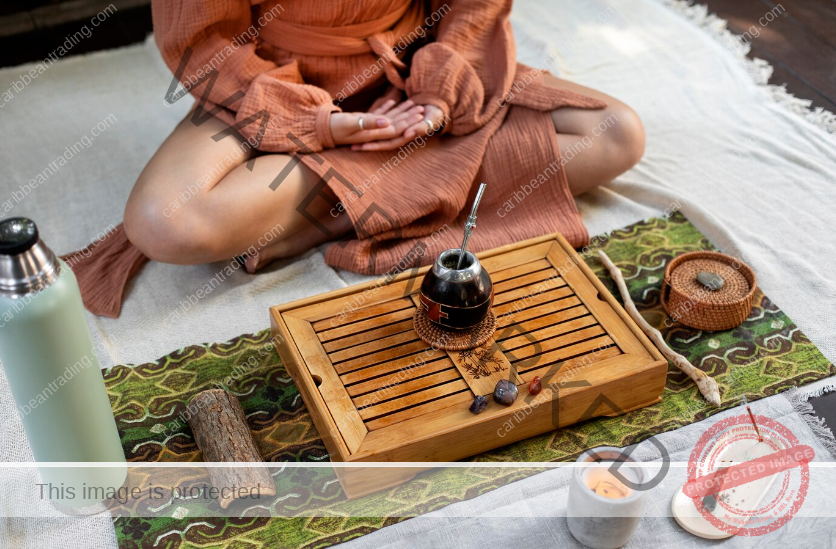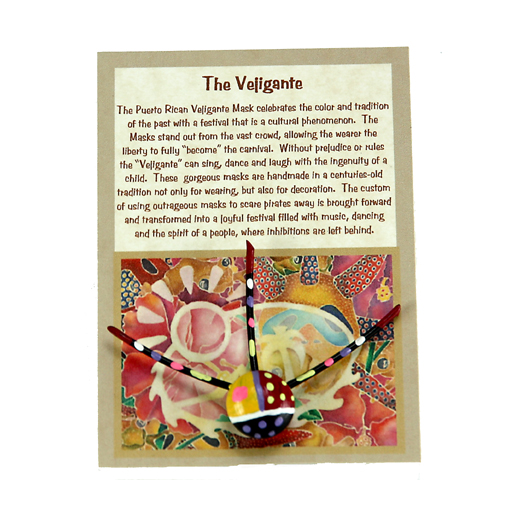Caribbean History
Ancestral Techniques That Are Coming to Life in the Caribbean Again
The Caribbean, a region rich in cultural diversity and history, is experiencing a revival of ancestral techniques that were once integral to daily life. From traditional farming methods to artisanal crafts, these practices are being rediscovered and embraced by communities seeking to reconnect with their heritage and preserve their unique identities. In this article, we explore some of the ancestral techniques making a resurgence in the Caribbean and the significance of this revival in today’s world.
Reviving Traditional Agriculture
In the Caribbean, agriculture has long been a cornerstone of life, providing sustenance and livelihoods for generations. However, with the advent of industrialization and modern farming methods, many traditional agricultural practices were sidelined in favor of more intensive and commercial approaches. Yet, in recent years, there has been a renewed interest in sustainable farming methods rooted in ancestral knowledge.
One such technique gaining popularity is agroforestry, a practice that combines trees and shrubs with crops and livestock, mimicking the natural ecosystems of the region. By reintegrating trees into agricultural landscapes, farmers are not only improving soil health and water retention but also diversifying their yields and enhancing biodiversity.
Moreover, initiatives promoting permaculture and organic farming are flourishing across the Caribbean, emphasizing the importance of working with nature rather than against it. By embracing these ancestral techniques, communities are not only reclaiming their agricultural heritage but also contributing to a more resilient and environmentally sustainable food system.
Preserving Traditional Crafts
In addition to agriculture, traditional crafts have always been an essential part of Caribbean culture, showcasing the region’s creativity and craftsmanship. From pottery and weaving to basketry and woodworking, these artisanal skills have been passed down through generations, each piece carrying with it a story of cultural identity and resilience.
However, as globalization and mass production have encroached upon local economies, many traditional crafts have faced decline, with younger generations opting for more lucrative or modern pursuits. Nevertheless, there has been a resurgence of interest in preserving these ancestral techniques, driven by a desire to honor cultural heritage and support local artisans.
In countries like Jamaica, Trinidad and Tobago, and Haiti, initiatives aimed at reviving traditional crafts are gaining momentum, providing training programs, workshops, and market opportunities for artisans to showcase their skills and products. By celebrating these timeless techniques, communities are not only preserving their cultural legacy but also fostering economic empowerment and sustainable livelihoods.
Revitalizing Indigenous Knowledge
The Caribbean is home to a rich tapestry of indigenous cultures, each with its own unique traditions, languages, and knowledge systems. Despite centuries of colonization and marginalization, indigenous communities have persevered, safeguarding their ancestral wisdom and customs for future generations.
Today, there is a growing recognition of the importance of indigenous knowledge in addressing contemporary challenges, from environmental conservation to healthcare and sustainable development. Indigenous practices such as herbal medicine, traditional navigation, and storytelling are being rediscovered and integrated into mainstream initiatives, offering valuable insights and solutions rooted in centuries of wisdom.
For example, in countries like Dominica and Guyana, indigenous communities are playing a vital role in ecotourism initiatives, sharing their knowledge of the land and biodiversity conservation practices with visitors eager to learn from their ancient wisdom. Similarly, indigenous healers and herbalists are gaining recognition for their holistic approach to healthcare, incorporating traditional remedies and plant-based therapies into modern wellness practices.
Embracing Cultural Heritage
At its core, the revival of ancestral techniques in the Caribbean is about more than just preserving traditional practices—it’s about reclaiming cultural identity and fostering a sense of pride and belonging within communities. In a rapidly changing world where globalization and homogenization threaten to erase cultural diversity, the resurgence of these ancestral techniques serves as a powerful reminder of the resilience and vibrancy of Caribbean culture.
By reconnecting with their roots and honoring the wisdom of their ancestors, Caribbean communities are forging a path towards a more sustainable and inclusive future. Whether through traditional farming methods, artisanal crafts, or indigenous knowledge systems, the revival of ancestral techniques is not just a nostalgic nod to the past but a dynamic expression of cultural renewal and innovation.
Using of Medicinal Plants
Another significant aspect of ancestral techniques making a resurgence in the Caribbean is the use of medicinal plants. For centuries, Caribbean cultures have relied on the healing properties of local flora to treat various ailments and promote overall well-being. However, with the rise of modern medicine and pharmaceuticals, traditional herbal remedies fell out of favor.
Today, there is a renewed interest in harnessing the medicinal power of plants, driven by a growing awareness of the limitations and side effects of synthetic drugs. Traditional healers and herbalists are once again gaining recognition for their expertise in plant-based medicine, offering natural alternatives that are often more accessible and affordable than conventional treatments. Even for those who are accustomed to using vapes, many of them take traditional ancestral vapes such as THC Vape by TRĒ House.
In countries like Cuba and Dominica, government initiatives are supporting the research and development of herbal medicine, recognizing the value of traditional healing practices in complementing modern healthcare systems. Moreover, community-led efforts to preserve traditional knowledge of medicinal plants are thriving, with workshops, botanical gardens, and educational programs aimed at passing down this invaluable wisdom to future generations.
Conclusion
In the Caribbean, ancestral techniques that were once on the verge of extinction are experiencing a renaissance, driven by a desire to preserve cultural heritage, promote sustainable practices, and foster community resilience. From traditional agriculture and crafts to indigenous knowledge systems, these timeless techniques are not only being revived but also reimagined for the challenges of the 21st century.
As Caribbean nations continue to navigate the complexities of modernization and globalization, the revival of ancestral techniques offers a beacon of hope—a reminder that the past holds valuable lessons for the present and future. By embracing their cultural heritage and reclaiming their ancestral wisdom, Caribbean communities are writing a new chapter in their history, one that honors the past while embracing the possibilities of tomorrow.







